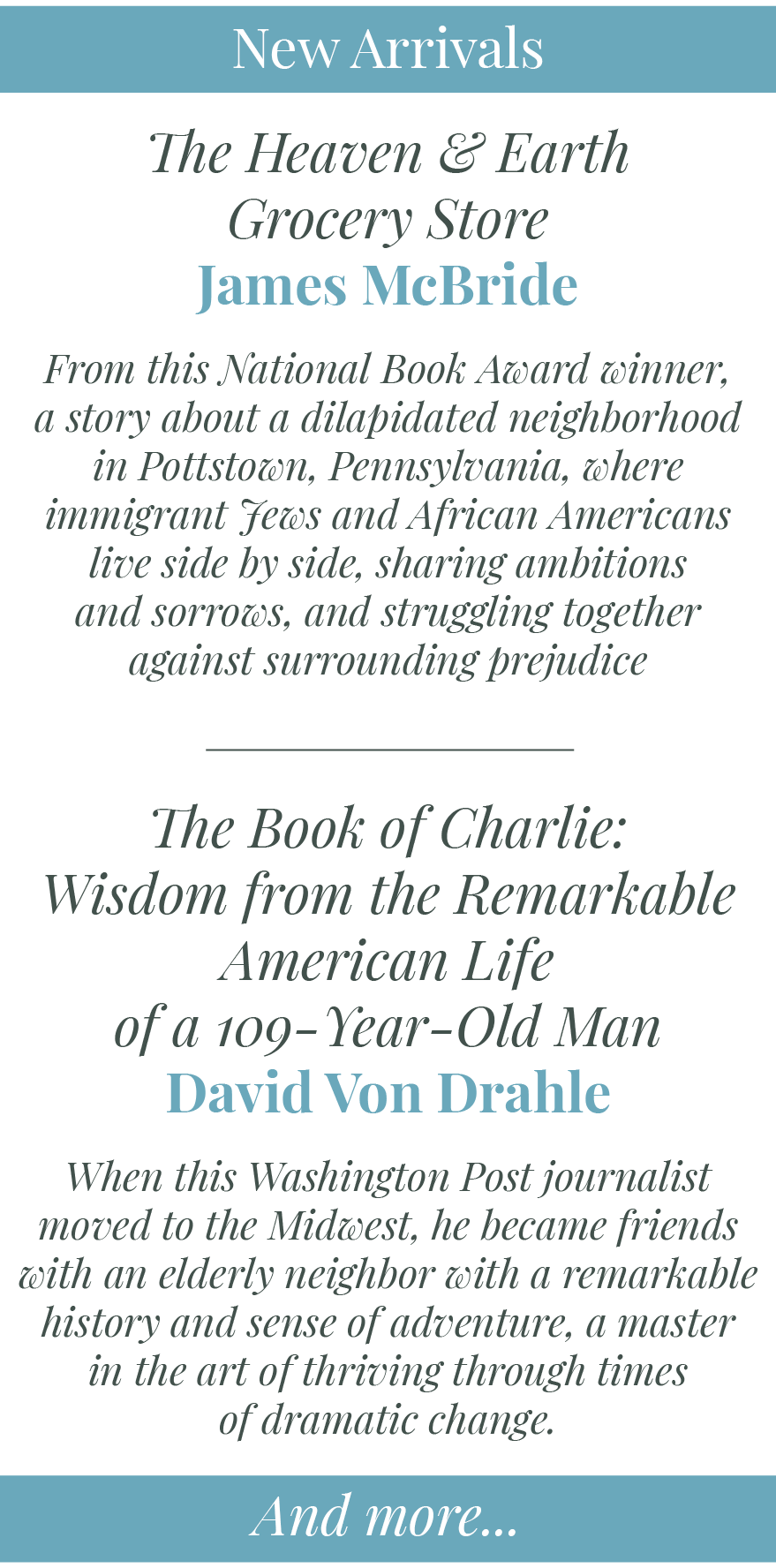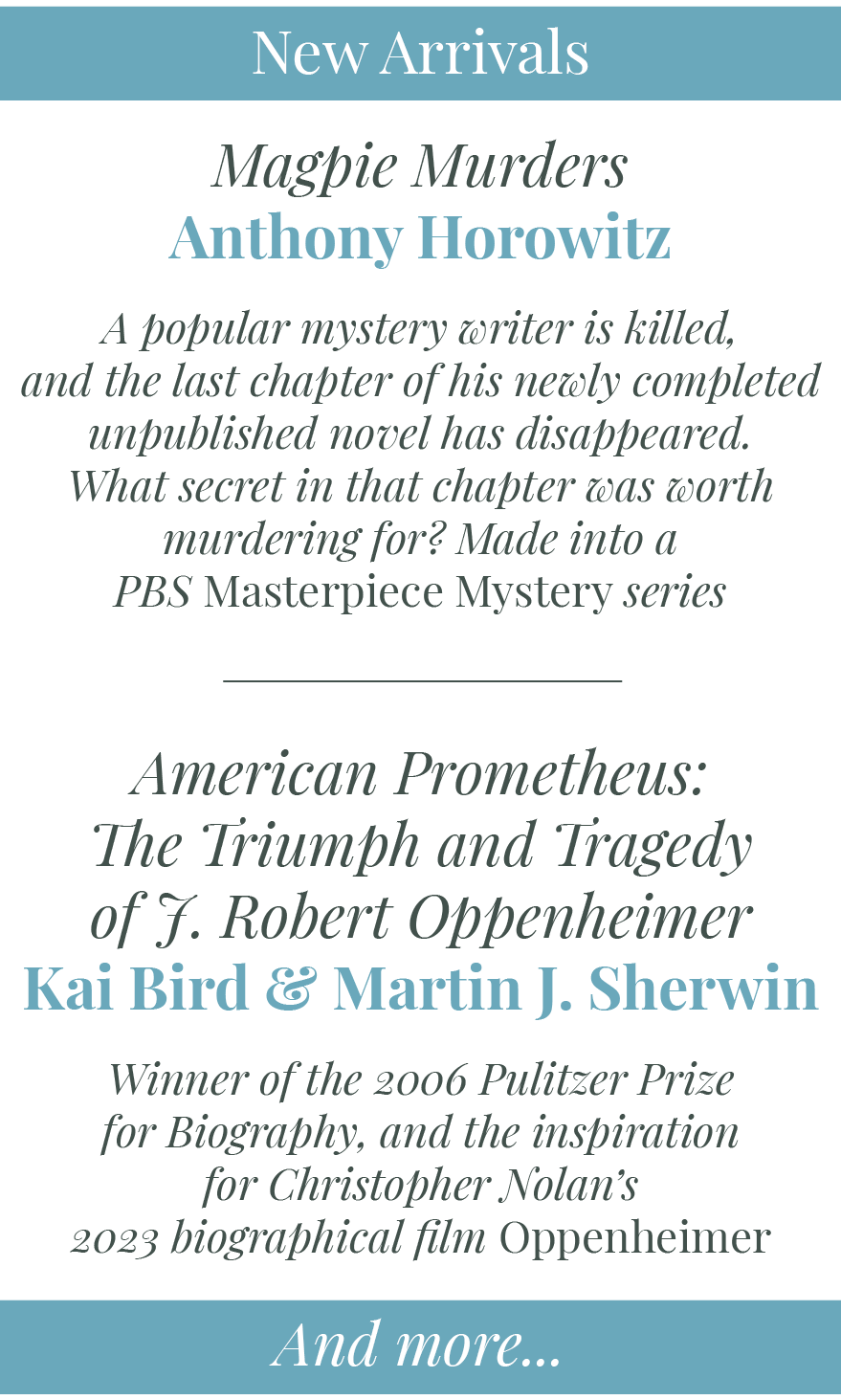For both these writers, American history in general, and Black Americanin particular, is a foundation on which their stories are constructed. But the large canvas of history doesn’t ever become blurred with broad strokes of what we know about our history. Instead, what we see in these novels are very specific stories with complicated characters and almost cinematic in their telling. In both novels we are bound to run into famous historical figures in direct and indirect ways.
The Water Dancer is a story of Hiram Walker in the tradition of a slave narrative. The central character is an enslaved man running to freedom from a nineteenth century Virginia plantation to Pennsylvania and his life’s work as an abolitionist. Those of us who have read Colson Whitehead’s The Underground Railroad will remember how far he pushes the metaphor of the underground railroad as an escape method. For him, it becomes a literal railroad of real trains. Coates pushes the metaphor of escape differently. He turns every enslaved person’s desire to escape slavery into a magical escape through teleportation. He makes this areality for Hiram who has the power of “conduction” almost like a superhero who must learn how to use his powers. The myth of slaves escaping from plantations by swimming or flying back to Africa is a popular one in African American folklore and it makes its way into the writings of authors like Toni Morrison. In The Water Dancer, Coates hands Hiram and a few others this power. To conduct successfully, he must tap into his past and unlock his childhood memories, because the power of conduction comes from such recollections. For the enslaved, memory, both individual and collective, kept alive in stories and songs and dances, is a way of survival by connecting to a past that was free and dignified, to a future that depends on it. Hiram has a photographic memory, but the memories he has difficulty accessing and which power conduction for him are emotional memories of his mother. Of course, I won’t tell you the complicated and absorbing story you’ll read, but I’m merely suggesting that the fantastical and the real intersect in very interesting ways. Despite his superb skill as a modern-day social critic, Coates never intrudes on the thoughtful and historical voice of his narrator. But his understanding of modern-day racism certainly informs Coates’ portrait of the nineteenth century, and it’s easy to hear contemporary debates echoed in Hiram’s observations. Jeffers’ novel, with Du Bois in its title as well as in its small nod to T. S. Eliot’s The Love Song of J. Alfred Prufrock, is a coming-of-age story about a woman called Ailey who becomes a historian instead of a doctor her grandmother wishes her to be. This book has a complex architecture of storytelling. Complexity is necessary for Ailey to understand her multi-generational and ancestral history. To find her own place not just in her family history but also in the history of the place (Georgia, for example), and people (American Indians, White colonizers, and Black enslaved—ancestors all) from where parts of her family history derive. W.E.B. Du Bois and his considerable writings undergird and guide the narrative. Many of his concepts such as the double-consciousness as well as his observations and analyses about the South, the Reconstruction and Black people overall are embedded here without the novel becoming burdened in anyway. It is a good story first and foremost. The author calls her novel a “black feminist kitchen table epic of matrilineal connections.” She hopes that her readers would come to a place of humanity, understanding, and connection after reading this story about one Black woman placing herself in a larger American context. The archival work that Jeffers has done here is incredibly inspiring and allows a depth to this story that is rare. So much can be said here about both these books. All I want to do is to make you curious and to encourage your commitment of time for these books. Comments are closed.
|
NewsletterCoffman residents, signup for monthly updates from the Library! Thank you!You have successfully joined our subscriber list. Posts by Year
All
Posts by Month
July 2024
|

